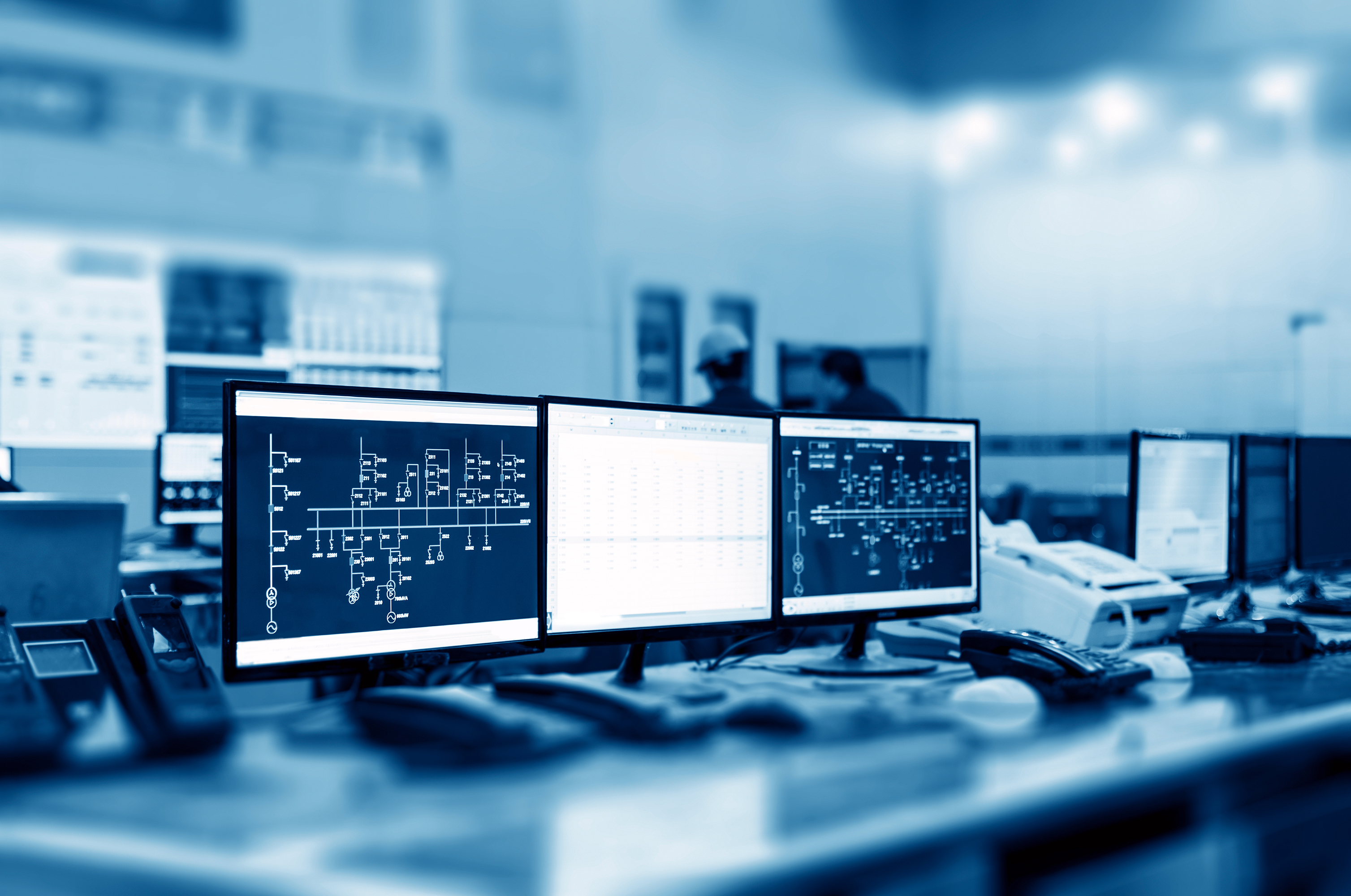Scientific Policy
One of the greatest challenges in the fields of information technology today is to facilitate sufficient communication, cooperation and understanding between academic and industrial results. The Institute for Computer Science and Control (SZTAKI), as the most prestigious and modern IT institute of Hungary bridges the gap between academic research and industrial expectations. The Institute is dedicated to providing guidance and organising computer research in Hungary and to strengthening international cooperation in computer science. SZTAKI is committed to acting together with others to share knowledge and meet challenges of the future - such as the problem of energy- and water supplies, climate change, privacy and security of the web, and healthcare.
The Insitute’s philosophy is based on the fact that our „goodwill” comes from the high level basic research done by the departments: SZTAKI offers adaptable results and problem-solving environments that ensure substantial advantage in system design and consultancy compared to companies specialized in certain products or applications. We focus on ethical, social, cultural and environmental aspects of computer and automation research in IT development. SZTAKI promotes clarity in public life, guards the recognition of intellectual work and the value of science, and supports young researchers’ scientific activities as well.
The Institute’s research and development activity aims primarily at generating custom-designed computer-based applications, implementing the related software and providing turn-key systems. Our scientists and engineers have the necessary field-specific expertise (theoretical, technological and methodological experience) by which they can complete - in close co-operation with potential users - the functional plan of the system to be implemented, followed by software design and system development. The Institute takes up the teaching in and training of users, system installation and supervision in the starting phase of operation, as well as the follow-up of its software products.
The main fields of applied research and development:
Basic research - main domains
- Computer Science
- Systems- and control theory
- Engineering and business intelligence
- Machine perception and human-computer interaction
R&D Activities
- Vehicles and transportation systems
- Production informatics and logistics
- Energy and sustainable development
- Security and surveillance
- Networks, networking systems and services, distributed computing
Research Centre of Cyber-physical systems
The main direction of the institute’s activity is research in cyber-physical systems (CPS) that creates the framework of, and brings the activities pursued here, into the current mainstream of international research. Its laboratories (such as the i4D intelligent space, the system control, the smartfactory, the cloud computing and the cooperative cyber-physical research laboratories) were created in line with this end and as a result, new interactions between theory and practical engineering work are being born here. CPS are computational structures that are strongly linked with the surrounding physical world and the physical processes therein while making an intensive use of internet based services for data access and data processing. The application areas of CPS are already diverse and continue to rapidly evolve: they include inter alia autonomous land and aerial vehicles, robotassisted surgery, smart buildings, smart power grids, smart manufacturing and implanted smart medical tools, and this listing could be continued onwards. CPS may contribute to creating a higher level of quality of life. As a reflection on this latter aspect, the term 'cyberphysical society' has emerged as a reference to the integration of not only the physical and cybernetic spaces, but also the human, societal and cultural spheres, too. According to the German Federal Ministry of Education and Research (BMBF), cyber-physical production systems (CPPS) can be expected to pave the way to a 4th Industrial Revolution, often referred to as Industrie 4.0. As a result of the new sensor and human-machine interface technologies, a special computational and sensor based environment focusing on the human being is arising where the adaptation of the human actors to the tools is being replaced by the automated adaptation of the tools to human activity. Expectations towards the cyber-physical systems are already enormous and are growing speedily, simultaneously with the appearance of the new technologies, such as robustness, self-organisation, adaptive situational awareness, self-maintenance, transparency, predictability, efficiency, inter-operability, and support for global monitoring, to mention only the most important fields. Indeed, while notable advances have been made in areas such as cooperative control, multi-agent systems, complex adaptive systems, emergent systems, sensor networks, data mining and so on, they have reinforced the expectations of further progress, thus strengthening the demand for continuous research and development.
